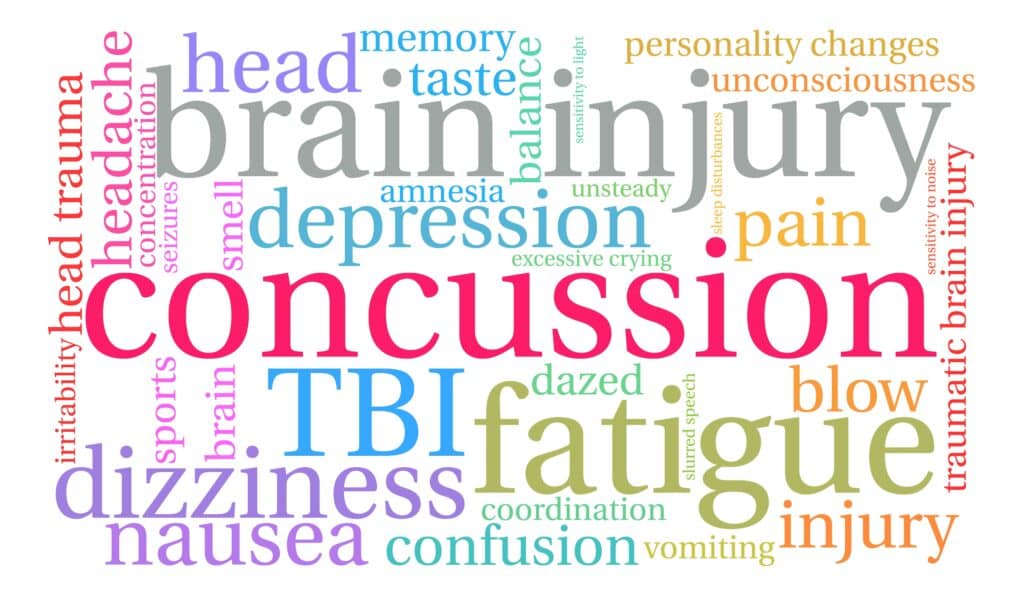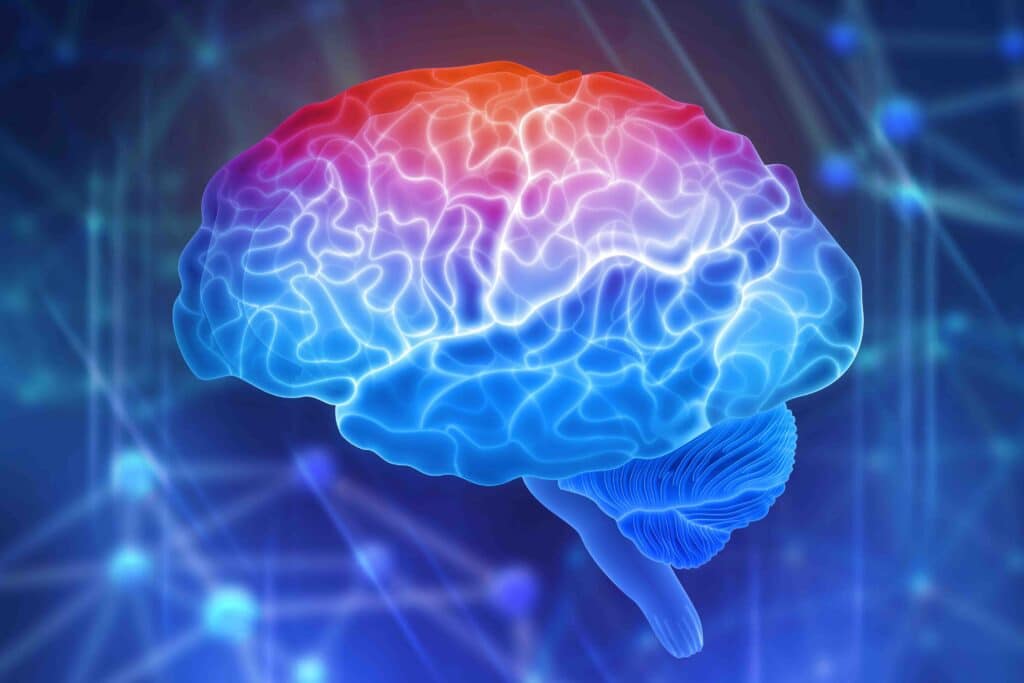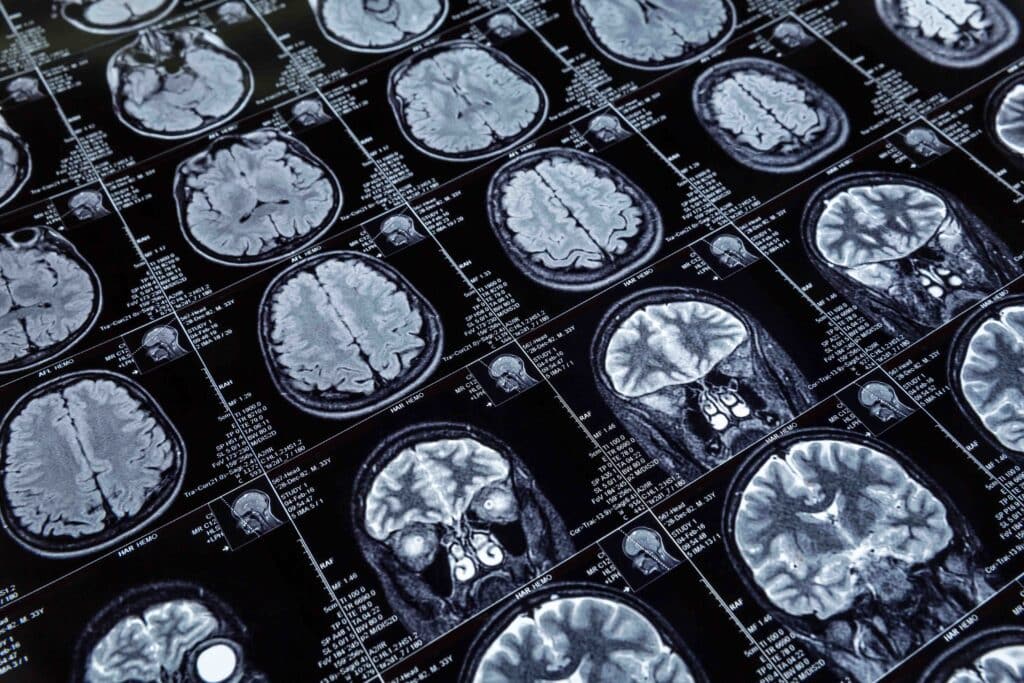Sleep and Cognitive Resilience: The Brain’s Essential Maintenance
In today’s fast-paced, productivity-obsessed world, sleep is often viewed as luxury rather than a necessity. It’s not uncommon to hear people boast about how little they sleep, as if functioning on minimal rest is a sign of hard work and commitment. Unfortunately, this societal attitude overlooks the critical importance of sleep, particularly for our brain’s health […]
Sleep and Cognitive Resilience: The Brain’s Essential Maintenance Read More »










